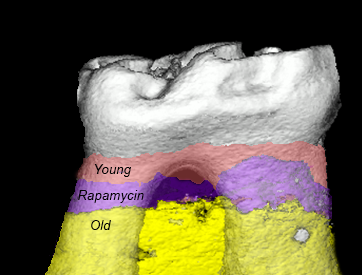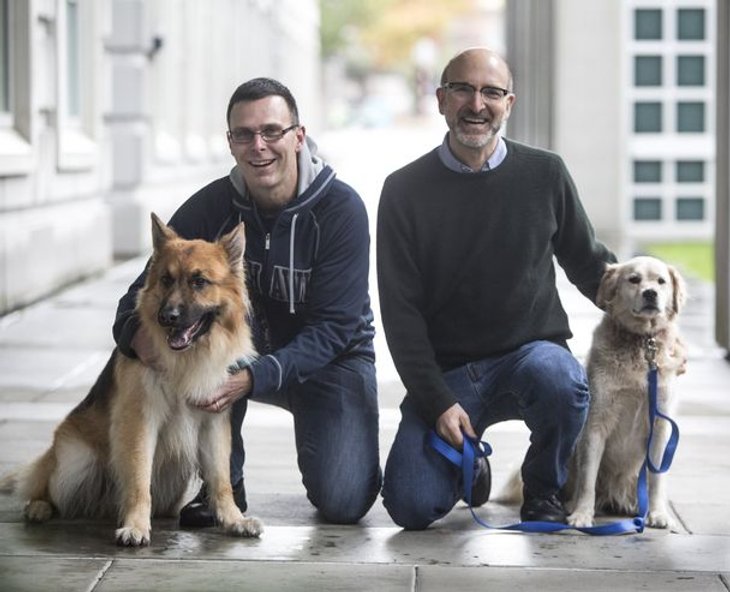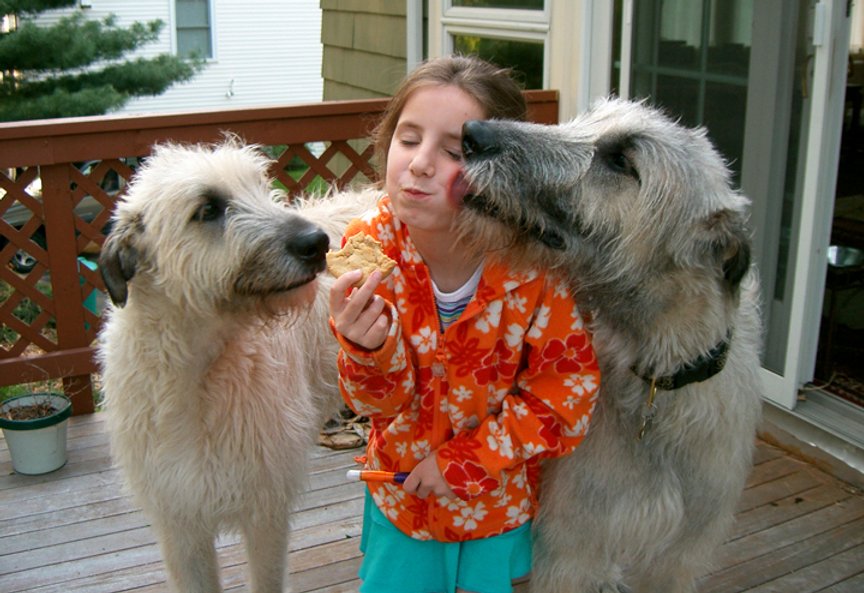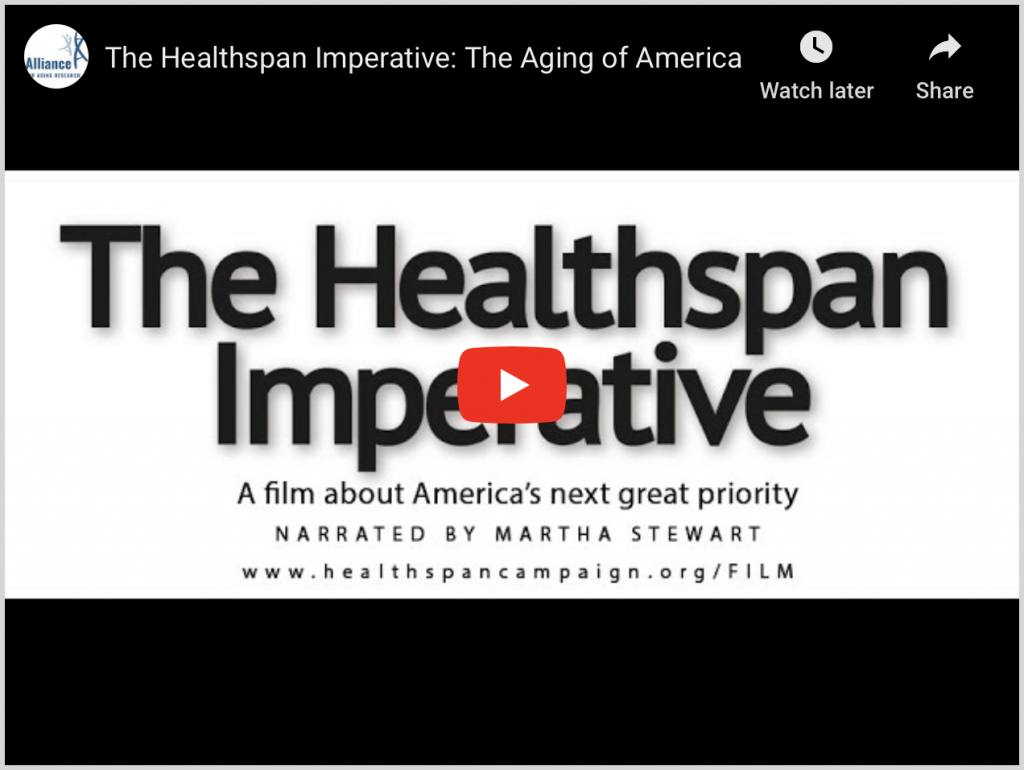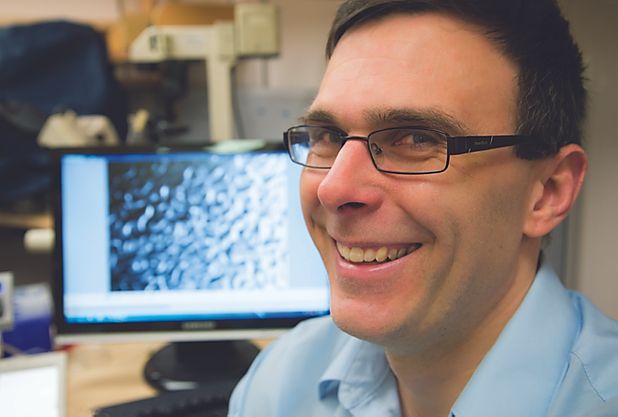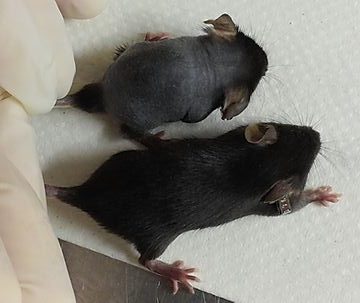News
New research from HALO scientists published in Genetics
New work from BMHA trainee Ian Dowsett, former trainee Mitchell Lee, and HALO Faculty Alan Herr published in the journal Genetics describes the natural evolution of polyploidy in cells engineered to have high mutation rates. Read the full article here. […]
HALO Director Awarded 2020 Robert W. Kleemeier Award
The Gerontological Society of America (GSA) — the nation’s largest interdisciplinary organization devoted to the field of aging — has chosen HALO Director Matt Kaeberlein as the 2020 recipient of the Robert W. Kleemeier Award. This distinguished honor is given annually to a GSA member in recognition for outstanding research in the field of gerontology. […]
HALO Research Provides Hope for Reversing Periodontal Disease
Work from HALO Director Matt Kaeberlein and HALO Faculty Jonathan An published in the journal eLife reports on the first therapy ever found to reverse clinical features of periodontal disease, at least in mice. Periodontal disease is one of the most prevalent age-associated diseases, afflicting approximately 2/3 of elderly people. Those who suffer from periodontal […]
Seattle Times Features the Dog Aging Project
Tags: Dog aging project, General Press,
HALo’s Dog Aging Project—which hopes to develop treatments to slow aging and provide dogs and cats with three to five or more years of additional healthy, youthful life—was featured on the Cover of today’s Seattle Times with the article “UW scientists seek to extend dogs’ lives with anti-aging drug” The Seattle Times article describes the second part of the project […]
Fountain Of Puppyhood: Can New Drug Lengthen Your Dog’s Life?
Tags: Dog aging project, General Press,
WBUR’s the Wild Life featured an article, “Fountain of puppyhood: can new drug lengthen your dog’s life?” on HALo’s Dog Aging Project. The Dog Aging Project strives to develop treatments to slow aging and offer longer, healthier life in people and their pets. The article references UW scientist’s research on rapamycin as well as WebMB, […]
Dog Aging Project Featured in Nature
Tags: Dog aging project, Scientific Press,
HALo’s Dog Aging Project—which hopes to develop treatments to slow aging and provide dogs and cats with three to five or more years of additional healthy, youthful life—was featured in an October 29th Nature article “Pet dogs set to test anti-ageing drug”. Low doses of rapamycin have been shown to safely slow aging and extend the period of […]
The Healthspan Imperative
Tags: Healthspan, Why basic biology of aging,
The Alliance for Aging Research—the leading non-profit organization dedicated to accelerating the pace of scientific discoveries to improve the experience of aging—has launched the “Healthspan Campaign” with this great video which explains the urgent need for aging research. Find out more about the Alliance Find out more about the Healthspan Campaign […]
HALo Director, Matt Kaeberlein, Featured in UW Medicine Magazine
Tags: Faculty, General Press,
The Spring 2014 cover story of UW Medicine magazine, “Exploring Why We Age”, features the work of UW Healthy Aging and Longevity Research Institute Director, Matt Kaeberlein, Ph.D. Decades of wear and tear — that’s the age-old explanation for common afflictions of aging: creaking joints, wrinkling skin, weakening muscles, slowing mental processes. Over millennia, people […]
Treatments to rejuvenate the aging heart?
Tags: Heart failure, Scientific Press,
Caloric restriction is an anti-aging strategy that has been shown to extend lifespan and improve age-related diseases in animal models including non-human primates. Rapamycin, an FDA approved immune-suppressant drug, shares some similar anti-aging effects as caloric restriction. However, most studies of the anti-aging effects of caloric restriction or Rapamycin have been long-term studies in which […]
Curing a Childhood Syndrome? Kaeberlein Lab discovers possible drug for Leigh syndrome.
Tags: Leigh syndrome, Scientific Press,
While investigating the role of rapamycin (an FDA-approved immune-suppressant drug) in aging of yeast, fruit flies and C. elegans, researchers in Matt Kaeberlein’s lab also discovered something else. The drug can extend lifespan and alleviate neurological symptoms in a mouse model of mitochondrial disease. Mitochondria are a cells’ power generators, and mitochondrial dysfunction can lead […]


